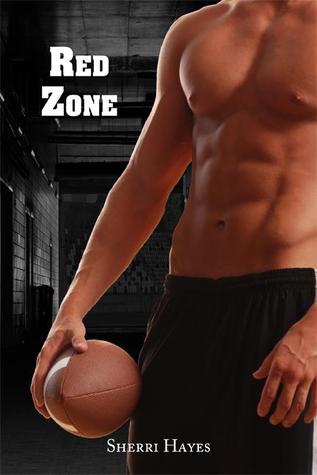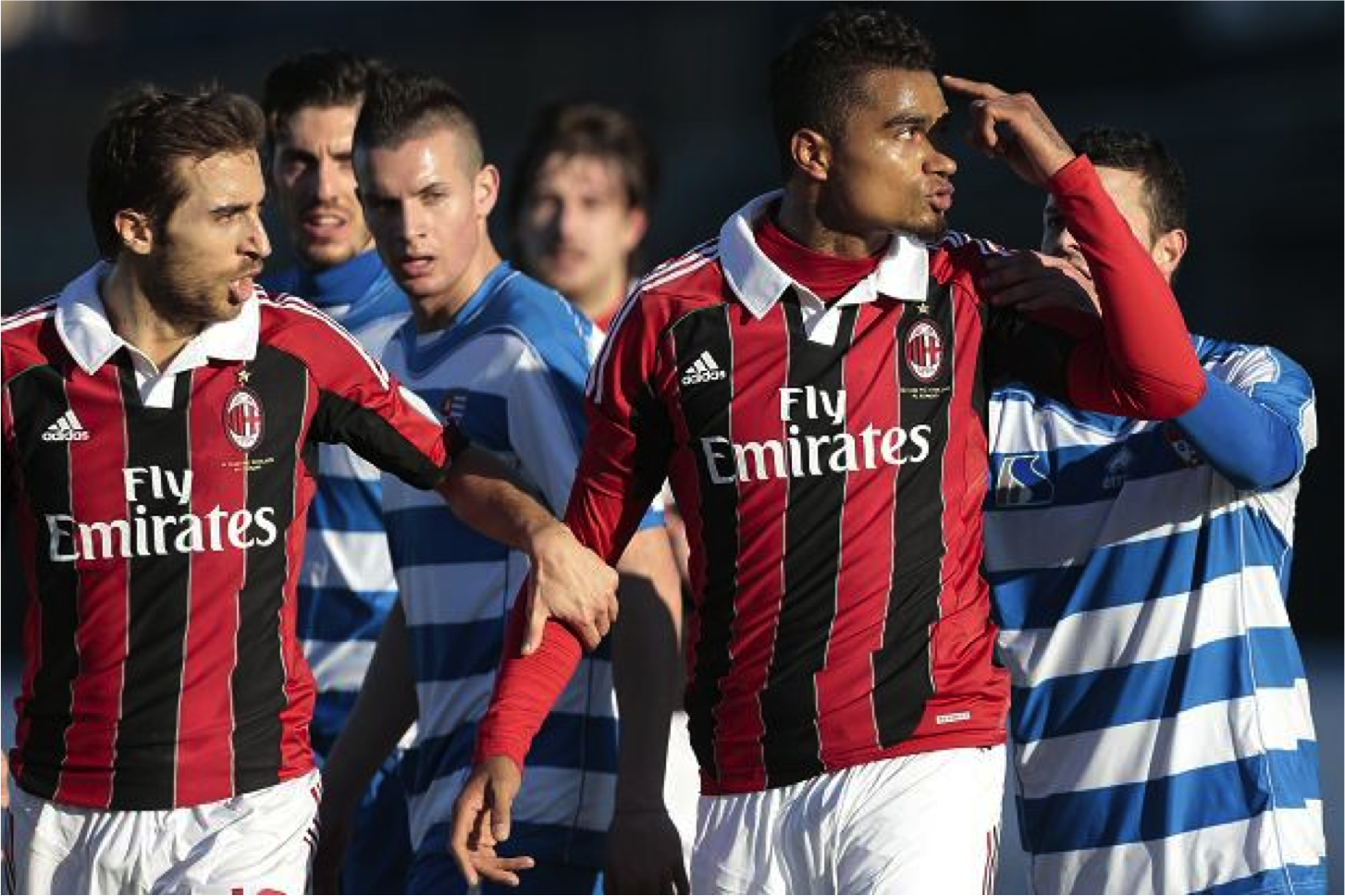Sherri Hayes’ latest novel follows the lives of a headstrong FBI agent and a professional footballer thrown together in the hunt for a stalker and unwittingly on a journey full of steamy romance. On the surface, Rebecca Carson is solely focused on her career, with no mind for romance or even fun. It quickly becomes apparent that truthfully she is searching for someone to spend the rest of her life with, but only if he ticks all the boxes. Gage Daniels, on the other hand, is all about the fun side of life as he lives out his dream of playing professionally and seducing women. His perfect life is interrupted by the presence of a stalker and Rebecca is brought in to help solve the case, working undercover as his girlfriend.
As the story progresses, so does the presence of the stalker, with more letters and photos of Gage and other women surfacing, but it is only when Gage and Rebecca find themselves under fire that they realise just how serious the situation is. As the two main characters gradually get used to each other their pasts begin to surface. Rebecca has clearly been burnt in the past and as you learn more about her parents it is easy to see why she has so many barriers up. Gage is relatively unscathed by love, but as both his friend and brother have seen the more painful side of love it is understandable that he’d prefer to enjoy the commitment-free side. As Gage and Rebecca get to know each other they begin to analyse their own actions and feelings, working out the cause of their problems and when Rebecca’s bubbly sister, Megan, comes onto the scene Rebecca realises just how much fun she has been missing out on.
The premise of the story is a good one and certainly not something that I have read in the past. The concept of combining a career driven woman with a fun loving man to bring out the true nature in each of them is not a unique one, but Hayes makes it work without entering cliched territory. If I had to find fault in the book, I would have to say that the constant threat of the stalker could be much more sinister and make the sexual tension between Rebecca and Gage electric, but it seems to only be there as a reason to bring the two characters together. The focus on emotions is where Hayes really excels and she draws attention to the often overlooked need to address one’s feelings honestly. Both Rebecca and Gage take the time to consider why they react in a certain way and because of this they learn more about themselves and eventually develop a strong relationship. If you take anything from this book I suggest it be the emotional honesty that her characters use to reveal their true natures.


